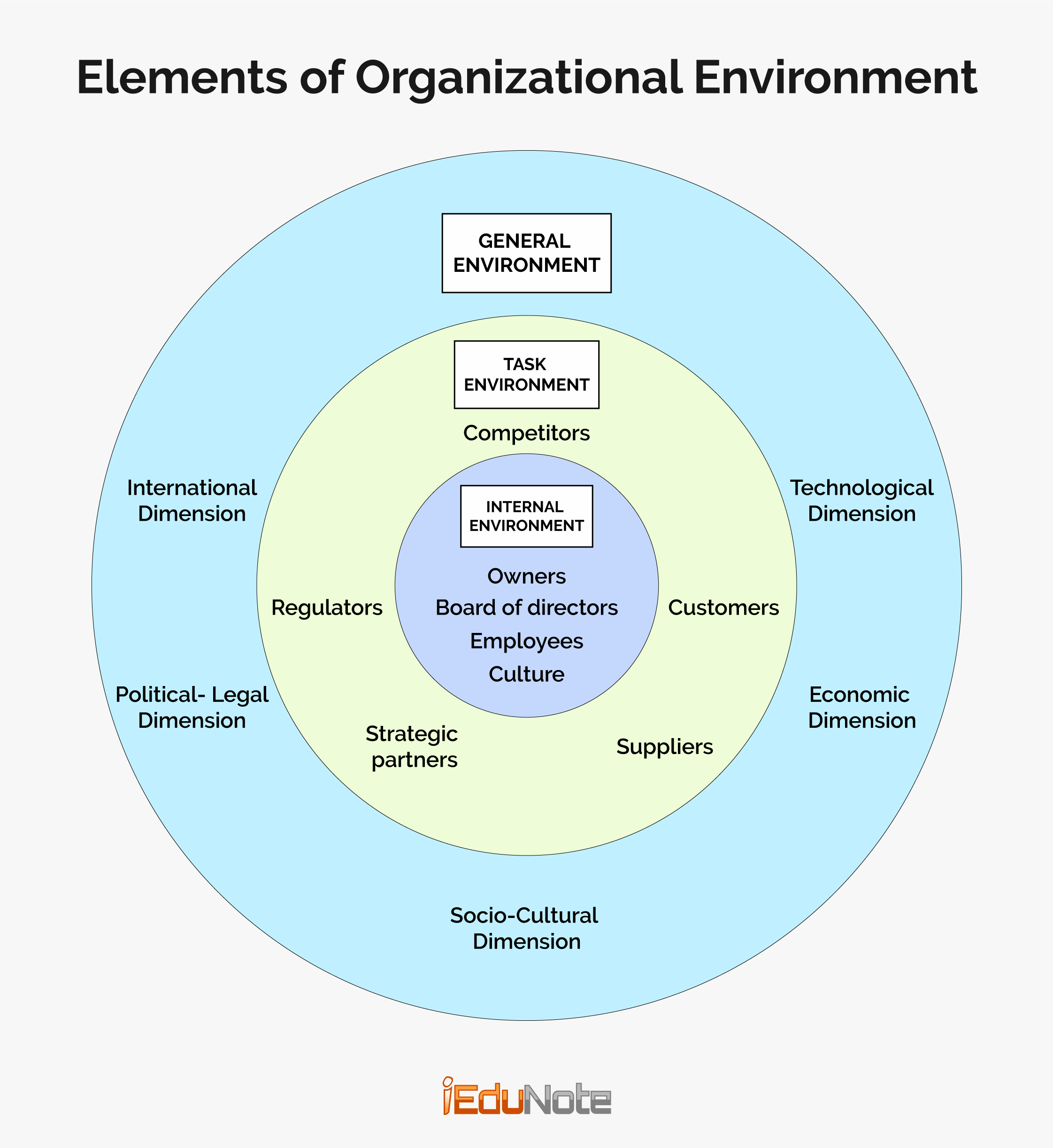Entrepreneurship, as we know, is the pivotal factor for new initiatives that give momentum and prosperity to our civilization. Entrepreneurs are those who perceive what others haven’t seen and act upon that perception.
Therefore, Entrepreneurs perform multivariate functions in all societies irrespective of their level of development.
Peter Kilby, Albert Shapiro, John Burch, and others have prescribed different functions of entrepreneurship or entrepreneurship from which we can derive distinct but common functions of entrepreneurship.
13 Functions Make an Entrepreneur Successful
These are explained below;
Taking Initiative
Entrepreneurship is a pro-active activity that takes such actions, which others can’t even perceive.
This unique function of entrepreneurship provides our civilization with a wide variety of products, ways of actions, production techniques, etc.
Therefore, taking initiative with such end and qualification is the prime function of entrepreneurship in every economy.
Organizing Resources
Organizing entails identifying those resources that are required to transform a particular idea into reality. The resources include human and nonhuman resources.
Organizing in entrepreneurship will increase productivity, promote new ventures, distribute and supervise work and responsibility, and will remove barriers to work.
Entrepreneurship, thus, is the taping tool fur assuming indigenous skills and resources for the productive purpose.
Identifying Opportunities and Prospects
Entrepreneurship searches those activities of value that have an economic and social contribution.
It identifies new opportunities in the socio-economic arena which have got profitable prospects therefore, entrepreneurs are called searchers of hopes into blind spots and this function enormously indebted our society to entrepreneurship.
Risk-Taking
Entrepreneurship takes the risk for the new venture.
For innovative actions in the field of production technology for new products in a volatile market and new raw materials used in production.
Moreover, it also takes the risk for theft, robbery, snatching market fall and hooliganism that may be involved with new entrepreneurship This is a major function of entrepreneurship in developing countries.
Decision Making
Entrepreneurship is a new initiative therefore, it has to decide multivariate issues that affect new ventures.
Entrepreneurship has to decide upon equipment to be used quality, price and its variation, deficiency, capital structure, the feasibility of the project, organizational structure, philosophy of management, etc. that will guide, run and prosper the new venture or distinct attempt for entrepreneurship.
We know that decision-making is a process and entrepreneurship to make n a success, goes through this process.
Technology Transfer and Adaptation
Entrepreneurship throughout the world brings invented technology from different comers of the world and makes it appropriate by making required adjustments for local conditions.
This function of entrepreneurship involves identifying appropriate technology with market potentials and adapts it into the local environment.
Sometimes, the technology uses indigenous materials that reduce cost and wastage of resources. This entrepreneurial function virtually makes the world united in terms of homogeneous technology.
Innovation
Entrepreneurship innovates a new production process or technology, market, sources of new materials, management, strategy or technique, investment opportunity, etc. that Schumpeter (1934) calls as the fundamental characteristics of entrepreneurship.
Under the context of the changing environment, the entrepreneur locates the most feasible opportunity for the venture as well as improved or distinct technology that gives competitive advantages or a new opportunity to prosperity.
Innovation is a creative means to add new utilities to existing situations or products. Entrepreneurship through innovation creates innovative products or operations for human society.
Fostering Autonomy
Entrepreneurship is an exposure of creative faculty that provides personal satisfaction and independence. The unique freedom to think differently is the impetus for entrepreneurship.
Thus, entrepreneurship Fosters autonomy to advent something new of value by the application of devoted efforts and time.
Social Responsibility
Entrepreneurship with its innovative technology somehow promotes human efforts. It restarts closed industries with innovative managerial strategies and techniques
It also motivates new entrepreneurs and attracts them to engage into an entrepreneurial venture.
Entrepreneurship provides new products or ideas that give momentum and diversity into society.
Therefore, entrepreneurship performs social responsibility that protects the welfare, benefit and economic gain of the society. It also promotes the community standard by providing jobs and amenities.
Public Relations
Entrepreneurship is a new venture that requires social acceptance by the regulatory bodies and the public at large.
The government, as well as the persons’ who will be subject to entrepreneurship, would be convinced through public relations to accept and to allow the entrepreneur to execute an entrepreneurial venture.
History tells that many entrepreneurs were disregarded, coerced and even eliminated for their entrepreneurial activities. Failure is costly and therefore, public relation is a significant function of entrepreneurship.
Experience Sharing
Entrepreneurship may spread in society through publishing and sharing its success stories.
Thus, entrepreneurship holds workshops, industrial visits through which the entrepreneurial experience in different counties may be shared with a widespread adaptation of success.
This function will benefit the economies of the countries as well as the world bodies,
Managerial Roles
Entrepreneurs perform several managerial roles to keep their venture functioning with success.
The roles are interpersonal roles that consist of a figurehead role, leadership role, and liaison role; informational roles that include recipient role, disseminator role, and the spokesperson role; decisional roles that consist of an entrepreneurial role, disturbance-handler role, resource allocator role, and the negotiator role.
The entrepreneur also does the associated managerial functions such as planning, organizing, leading and controlling.
Balanced Economic Development
Sustainable economic development requires a balanced development among various regions and sectors of a country. Every country tries to ensure such a situation that makes industrialization throughout the country “possible.
Entrepreneurs make it possible by establishing business ventures in various parts of the country in various sectors of the industry.

